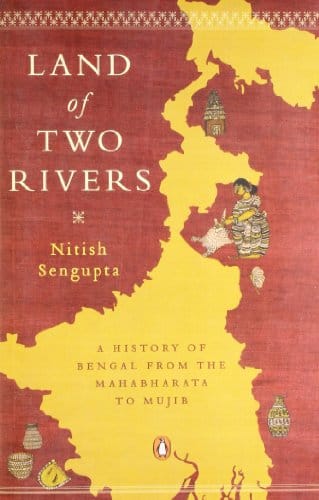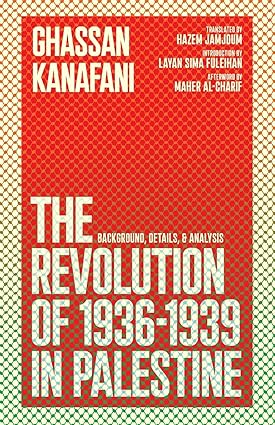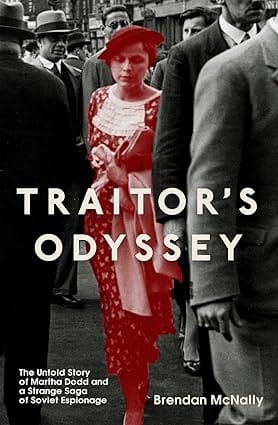WELCOME TO MIDLAND BOOK SHOP!
SHOP FOR
-
Contemporary Fiction
- Contemporary Fiction
-
Children
- Children
-
Comics & Graphic Novels
- Comics & Graphic Novels
-
Non-Fiction
- Non-Fiction
-
Fiction
- Fiction
Shop No.20, Aurobindo Palace Market, Hauz Khas, Near Church +91 9818282497 | 011 26867121
110016
New Delhi
IN
Midland The Book Shop ™
Shop No.20, Aurobindo Palace Market, Hauz Khas, Near Church +91 9818282497 | 011 26867121
New Delhi,
IN
+919871604786
https://www.midlandbookshop.com/s/607fe93d7eafcac1f2c73ea4/676a925de6f825019b0470ed/instagram-post-3--480x480.jpeg"
[email protected]
9780143416784
60ad09c5f4c43e12171786f8
Land of Two Rivers
https://www.midlandbookshop.com/s/607fe93d7eafcac1f2c73ea4/60ad09c7f4c43e121717879f/9780143416784-us.jpg
"Land of Two Rivers chronicles the story of one of the most fascinating and influential regions in the Indian subcontinent. The confluence of two major river systems, Ganga and Brahmaputra, created the delta of Bengal—an ancient land known as a centre of trade, learning and the arts from the days of the Mahabharata and through the ancient dynasties. During the medieval era, this eventful journey saw the rise of Muslim dynasties which brought into being a unique culture, quite distinct from that of northern India. The colonial conquest in the eighteenth century opened the modern chapter of Bengal's history and transformed the social and economic structure of the region.
Nitish Sengupta traces the formation of Bengali identity through the Bengal Renaissance, the growth of nationalist politics and the complex web of events that eventually led to the partition of the region in 1947, analysing why, despite centuries of shared history and culture, the Bengalis finally divided along communal lines. The struggle of East Pakistan to free itself from West Pakistan's dominance is vividly described, documenting the economic exploitation and cultural oppression of the Bengali people. Ultimately, under the leadership of Bangabandhu Mujibur Rahman, East Pakistan became the independent nation of Bangladesh in 1971.
Land of Two Rivers is a scholarly yet extremely accessible account of the development of Bengal, sketching the eventful and turbulent history of this ancient civilization, rich in scope as well as in influence."
9780143416784
in stock
INR
559
1
1
Email ID already exists!
Your Current password is incorrect
Password Updated Successfully
Thanks for your Feedback
Land of Two Rivers
ISBN:
9780143416784
₹559
₹699
(20% OFF)
SIZE GUIDE
Sold By:
Hauz Khas - Aurobindo Market
Details
- ISBN: 9780143416784
- Author: Nitish Sengupta
- Publisher: Penguin
- Pages: 656
- Format: Paperback
Book Description
"Land of Two Rivers chronicles the story of one of the most fascinating and influential regions in the Indian subcontinent. The confluence of two major river systems, Ganga and Brahmaputra, created the delta of Bengal—an ancient land known as a centre of trade, learning and the arts from the days of the Mahabharata and through the ancient dynasties. During the medieval era, this eventful journey saw the rise of Muslim dynasties which brought into being a unique culture, quite distinct from that of northern India. The colonial conquest in the eighteenth century opened the modern chapter of Bengal's history and transformed the social and economic structure of the region.
Nitish Sengupta traces the formation of Bengali identity through the Bengal Renaissance, the growth of nationalist politics and the complex web of events that eventually led to the partition of the region in 1947, analysing why, despite centuries of shared history and culture, the Bengalis finally divided along communal lines. The struggle of East Pakistan to free itself from West Pakistan's dominance is vividly described, documenting the economic exploitation and cultural oppression of the Bengali people. Ultimately, under the leadership of Bangabandhu Mujibur Rahman, East Pakistan became the independent nation of Bangladesh in 1971.
Land of Two Rivers is a scholarly yet extremely accessible account of the development of Bengal, sketching the eventful and turbulent history of this ancient civilization, rich in scope as well as in influence."
User reviews
NEWSLETTER
Subscribe to get Email Updates!
Thanks for subscribing.
Your response has been recorded.

India's Iconic & Independent Book Store offering a vast selection of books across a variety of genres Since 1978.
"We Believe In The Power of Books" Our mission is to make books accessible to everyone, and to cultivate a culture of reading and learning. We strive to provide a wide range of books, from classic literature, sci-fi and fantasy, to graphic novels, biographies and self-help books, so that everyone can find something to read.
Whether you’re looking for your next great read, a gift for someone special, or just browsing, Midland is here to make your book-buying experience easy and enjoyable.
We are shipping pan India and across the world.
For Bulk Order / Corporate Gifting
 +91 9818282497 |
+91 9818282497 |  [email protected]
[email protected]
Click To Know More
INFORMATION
POLICIES
ACCOUNT
QUICK LINKS
ADDRESS
Midland Book Shop - Hauz Khas
Shop No.20, Aurobindo Palace Market, Near Church, New Delhi
Shop No.20, Aurobindo Palace Market, Near Church, New Delhi














